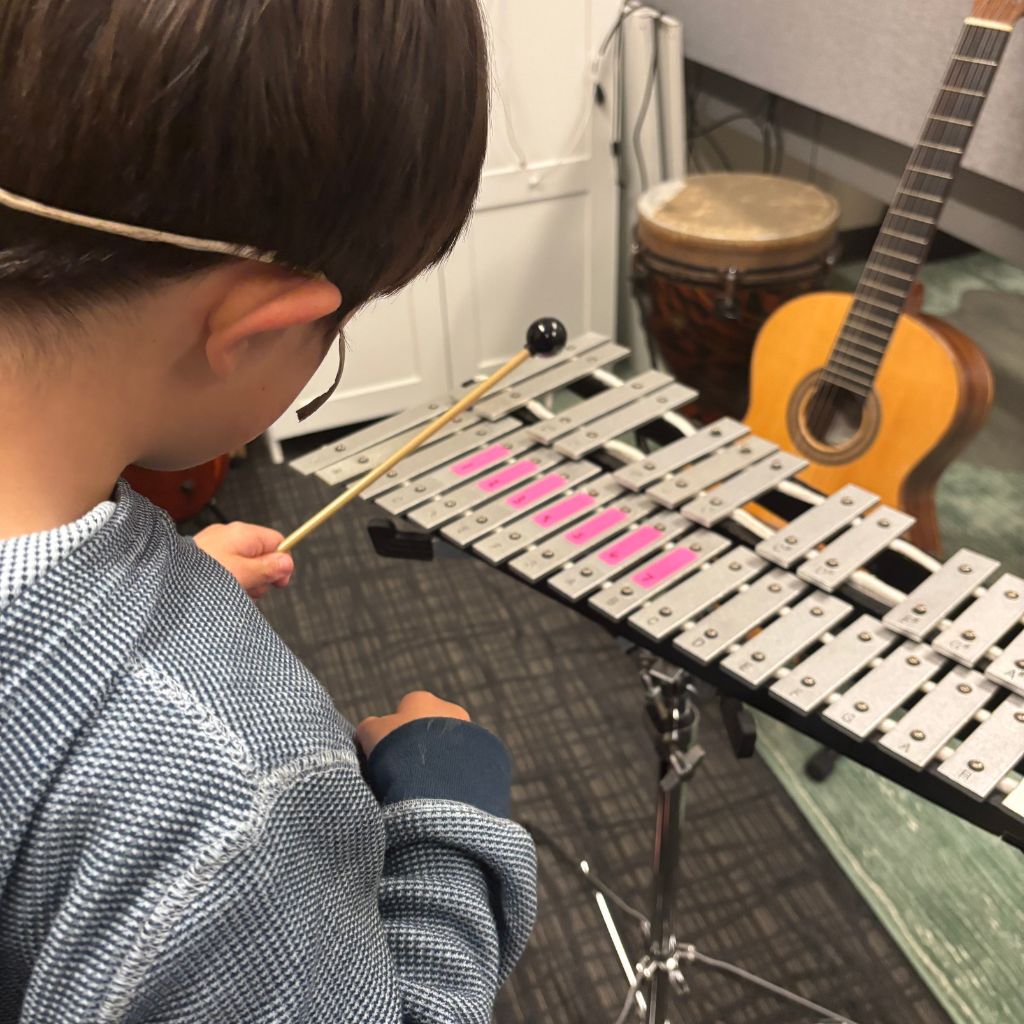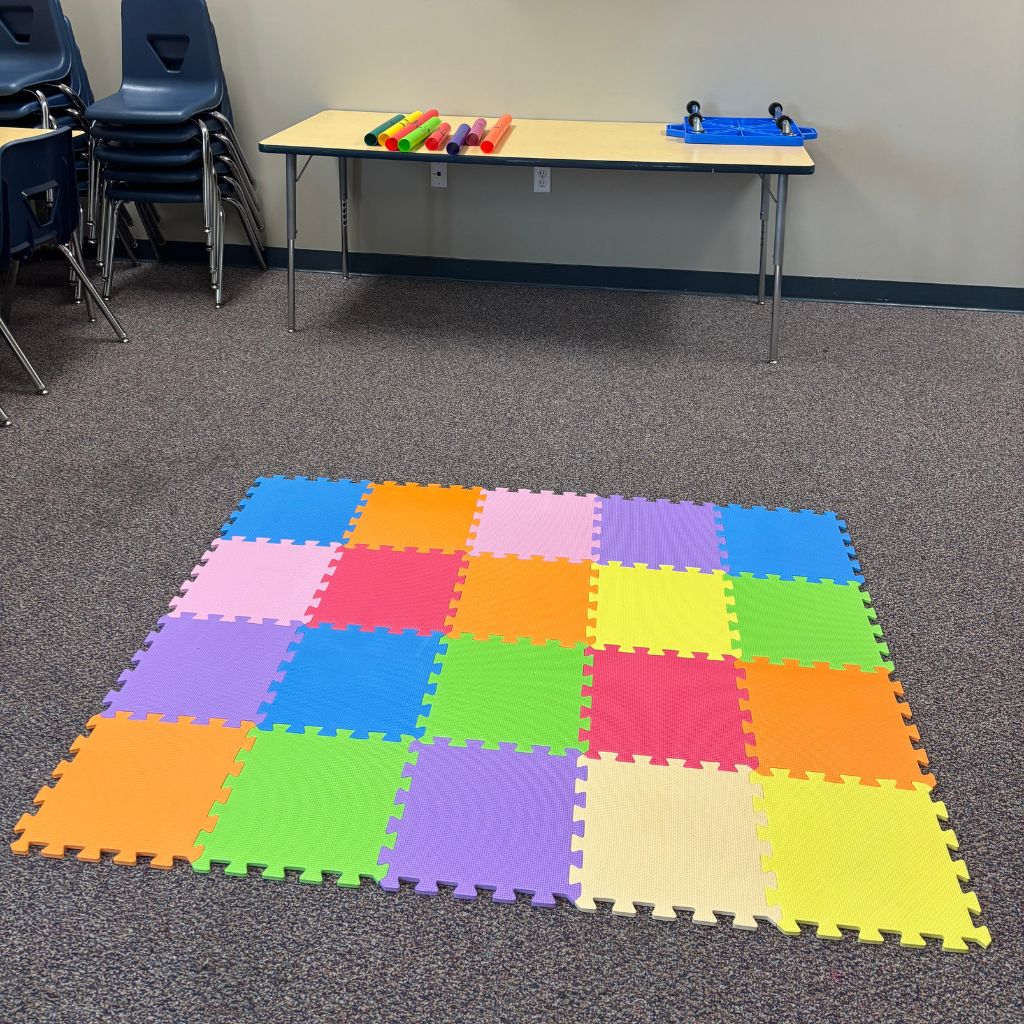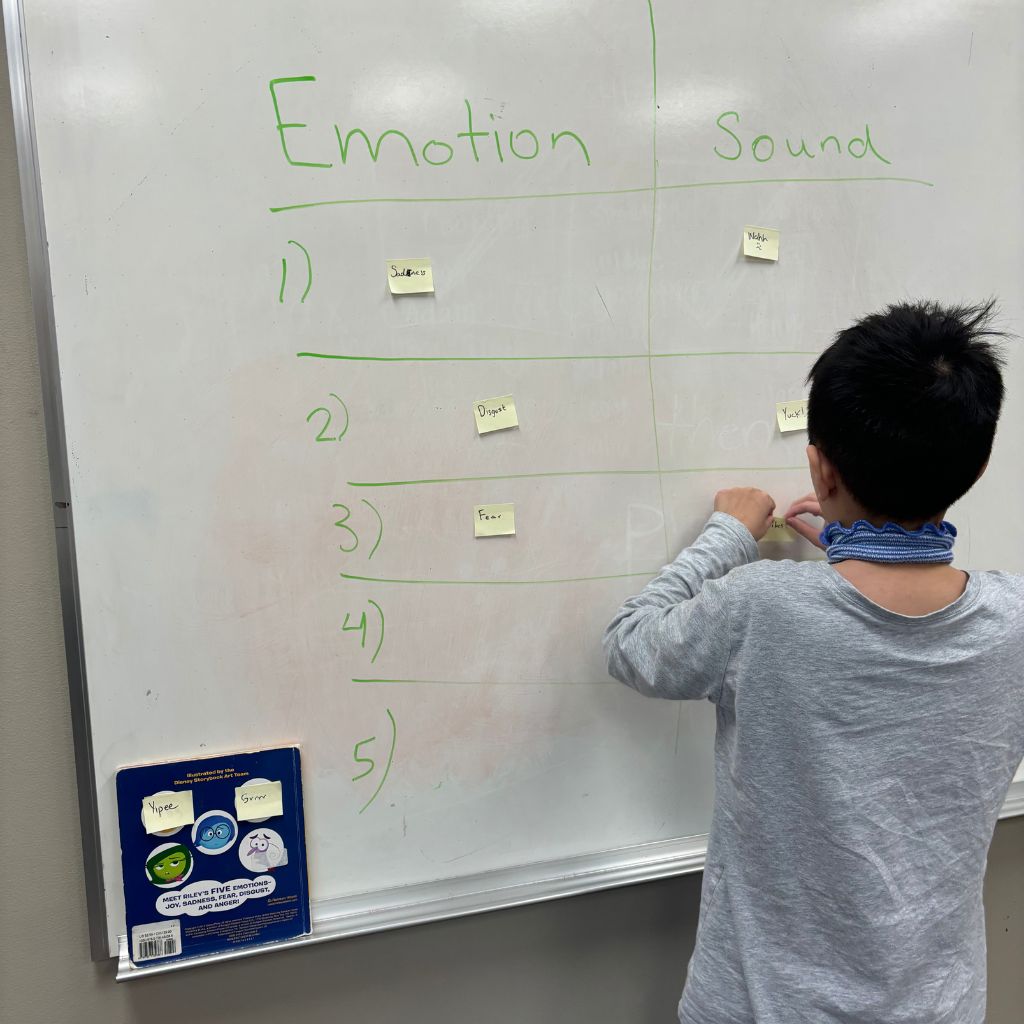Music Therapy IEP
Music therapy is a related service under the Individuals with Disabilities Education Act (IDEA) and as a result, can be provided as a related service in individual and/or group environments as well as be provided as a consultation service on a student’s IEP.
OC Music Services provides both assessment and direct music therapy services and music enrichment services in school districts throughout Orange County, Los Angeles, and the state of California.

Music Therapy IEP Services That Support Student Success
Music therapy is more than just making music — it’s a research-based and compassionate approach to growth. As a parent or educator, you want to make sure every student has access to the services they need to grow academically, socially, and emotionally. When traditional supports aren’t enough, music therapy can be the missing piece.
At OC Music Services, our board-certified music therapists work collaboratively with IEP teams across Southern California to support students with diverse learning needs. Whether addressing communication, emotional regulation, motor planning, or social skills, our sessions are data-driven and aligned with the student’s IEP goals.

Music therapy can be added to a student’s IEP when deemed an educationally necessary related service. The process typically begins when a parent or school team requests a music therapy assessment—often through an Independent Educational Evaluation (IEE) request.
Here’s how to get started:
Submit a written request to your child’s IEP case manager, teacher, or school district special education department. State that you are requesting a music therapy assessment to determine if it is an appropriate related service for your child.
The district may choose to conduct its own assessment or may approve OCMS as an Independent Educational Evaluation (IEE)
If approved, a board-certified music therapist will conduct an assessment to determine whether music therapy is educationally necessary.
If the assessment recommends music therapy, it will be discussed in an IEP meeting. If the team agrees, music therapy goals and services can be added to the IEP just like other related services (e.g., speech, OT).
Assessment Process
We use the Special Education Music Therapy Assessment Process (SEMTAP), a nationally recognized, criterion-referenced tool that evaluates whether music therapy is essential for a student to benefit from their education. Assessments include record review, observations, music therapy sessions, and collaboration with the IEP team.
If after assessment, it is found that music therapy is required for the student to benefit in his or her educational program, music therapy is added to the IEP as a related service.
Sessions and data are reviewed during IEP meetings and services are discontinued when no longer found to be required for the student to achieve meaningful educational benefit.
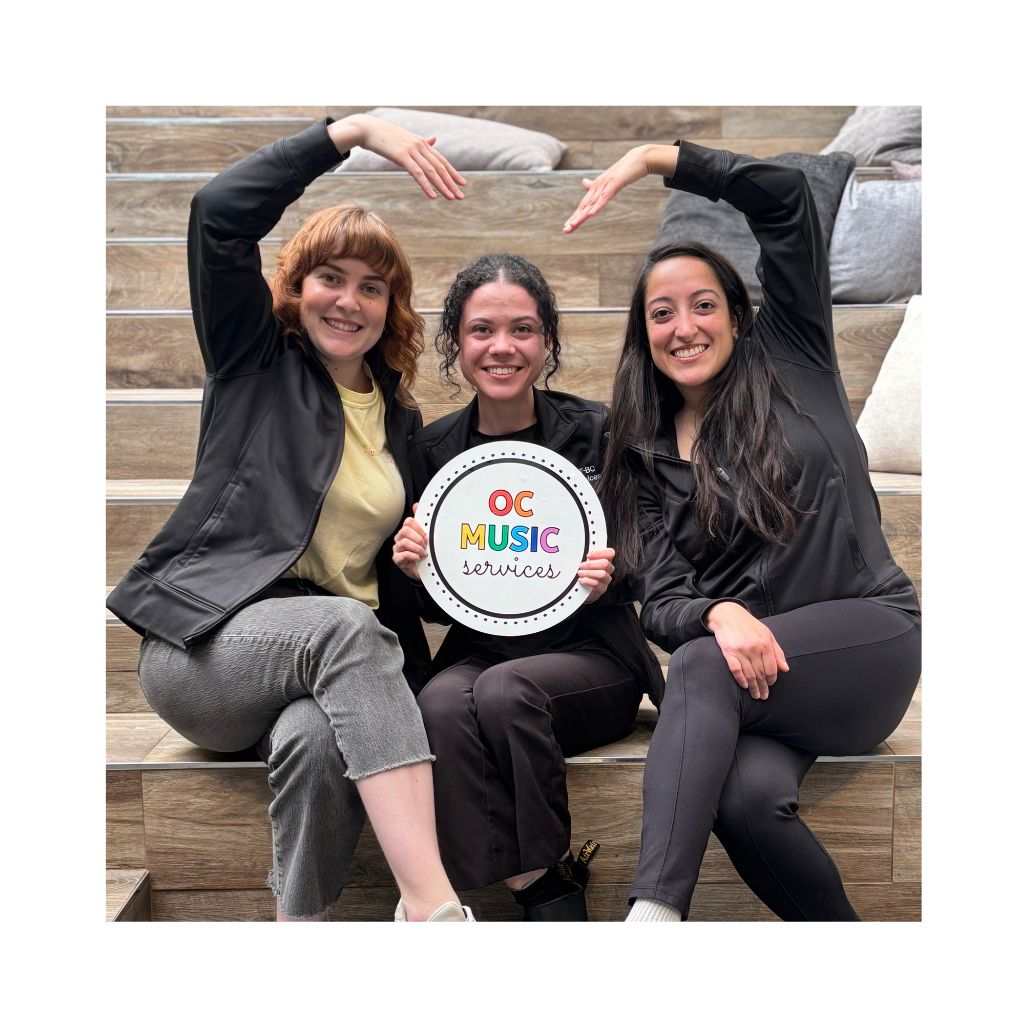
How do I request a music therapy assessment?
You can make a written request to your child’s IEP team or school district. This may be done as a district-funded assessment or as part of an Independent Educational Evaluation (IEE) if previous evaluations did not include music therapy.
How is music therapy different from a music class?
Unlike a traditional music class, music therapy focuses on therapeutic goals such as communication, behavior, attention, or emotional regulation. Every intervention is designed from research to target the student’s IEP goals.
What kind of assessment is used?
We use the SEMTAP (Special Education Music Therapy Assessment Process)—a criterion-referenced, standardized tool designed to determine whether music therapy is educationally necessary for the student to access their education.
Who provides the music therapy services?
Services are delivered by a board-certified music therapist (MT-BC) who is trained to address developmental, cognitive, and emotional needs within the school setting. OCMS proudly offers both assessment and direct services through our diverse and highly qualified team of MT-BCs.
When can a student qualify for music therapy services in a school setting:
- Music provides a significant assist to currently existing IEP goals, especially in areas of slow or insufficient progress, interfering behaviors and/or a limited number of instructional approaches to which the student has been responsive.
- The IEP team can be functionally supported in a unique way by the addition of music therapy to the child’s list of services.
- Music has been documented as a main motivator or learning strength.
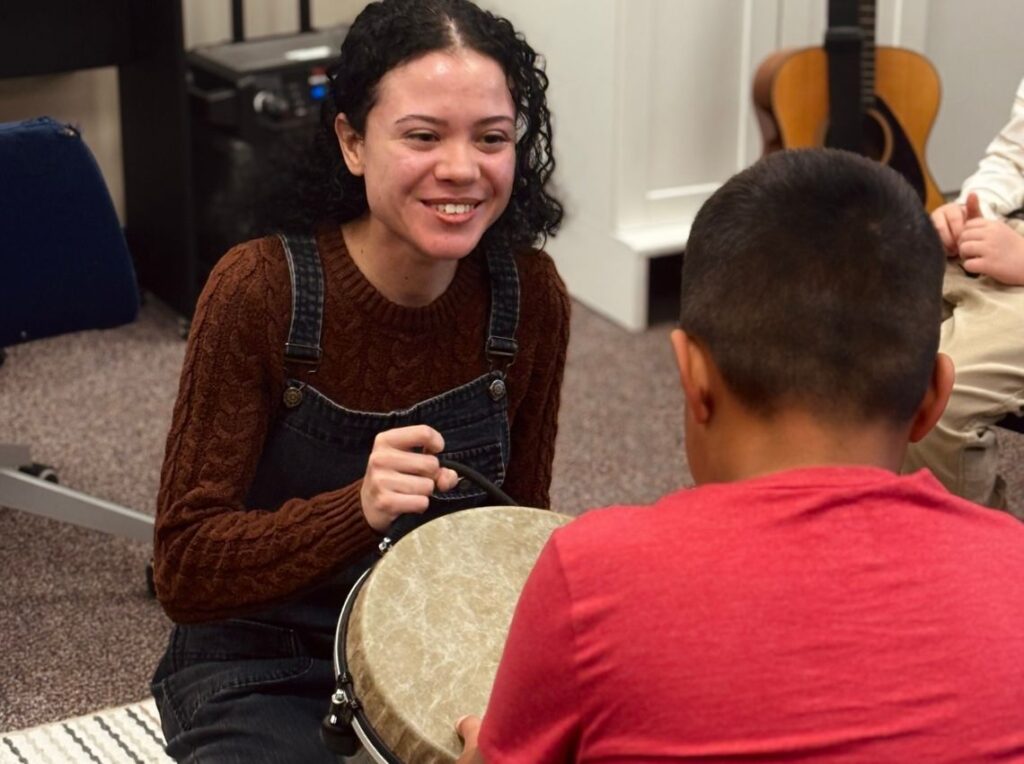
Our Partners
Support your child’s growth with music therapy as a related service, helping them reach IEP goals through engaging, individualized interventions in a supportive school setting.
Questions?

Helpful Documents
COMING SOON



